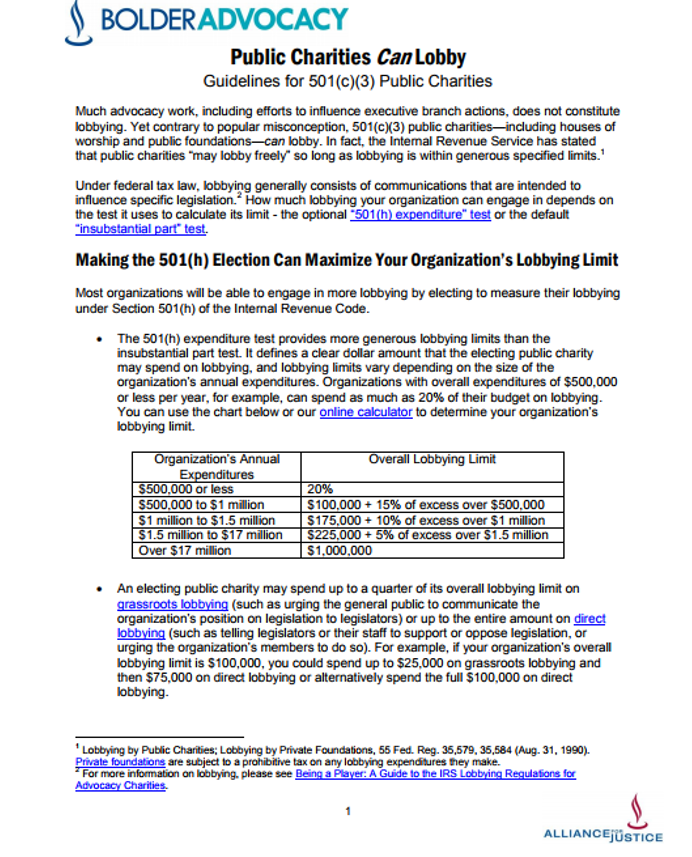
Nonprofits and Lobbying
This document provides the lobbying rules for nonprofit, 501(c) (3) organizations.
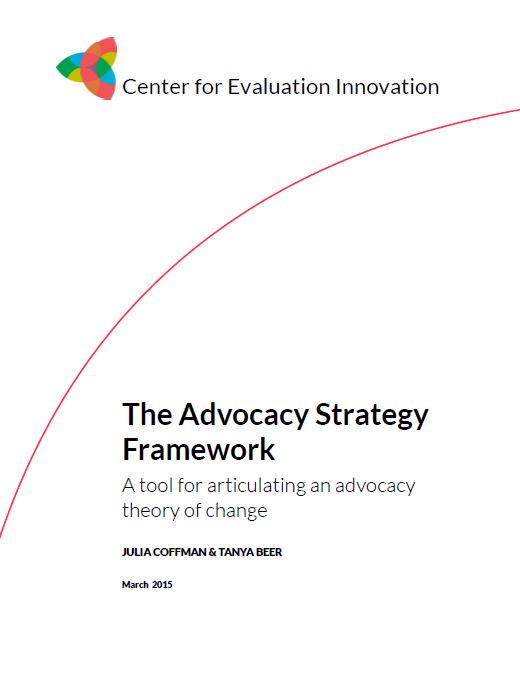
An Advocacy Theory of Change
This tool can be used to design an advocacy theory of change. It leads a group through six questions for discussion, provides facilitation tips, and several graphic representations of what final strategies might look like.
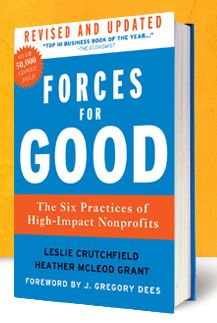
Forces for Good: The Six Practices of High-impact Nonprofits
This book, first published in 2007, is a guide to how nonprofits achieve extraordinary social impact. After studying 12 nonprofit, the authors identified six practices that lead to success. Advocacy and constituent engagement are key.
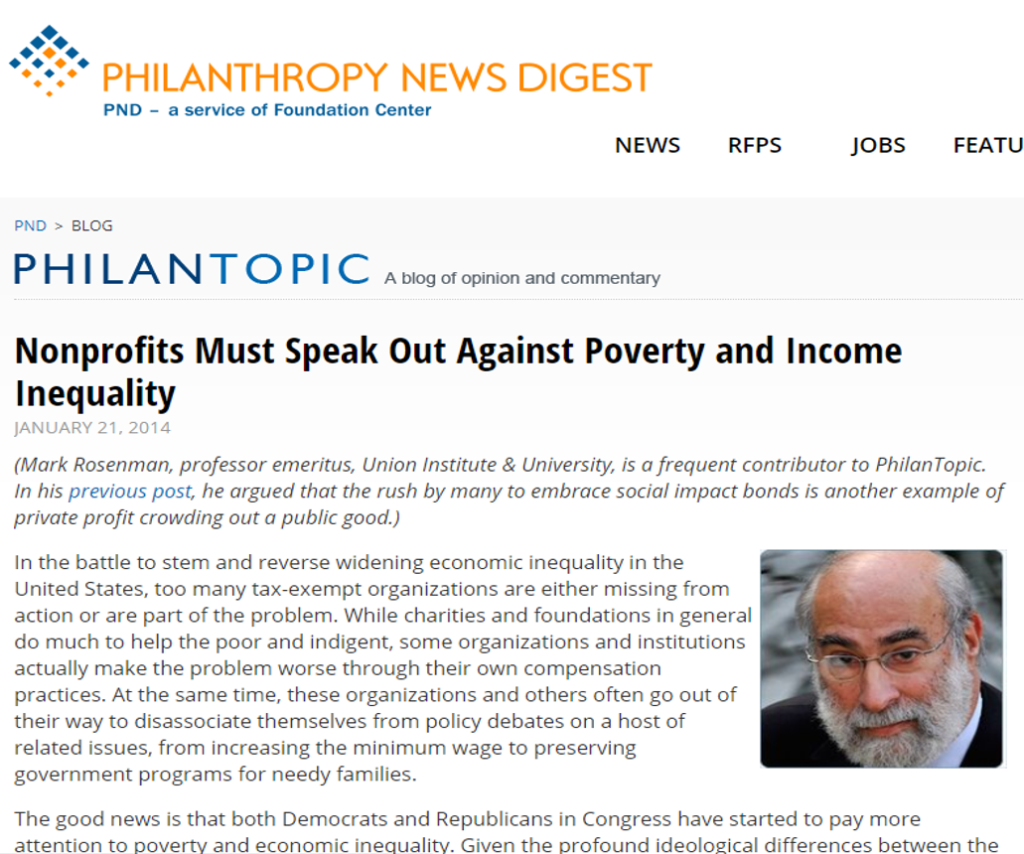
Nonprofits Must Speak Out about Poverty and Income Inequality
This paper makes the case for nonprofits to work to ameliorate income inequality beyond providing services to those who are already poor or are in danger of falling out of the shrinking middle class and into poverty.
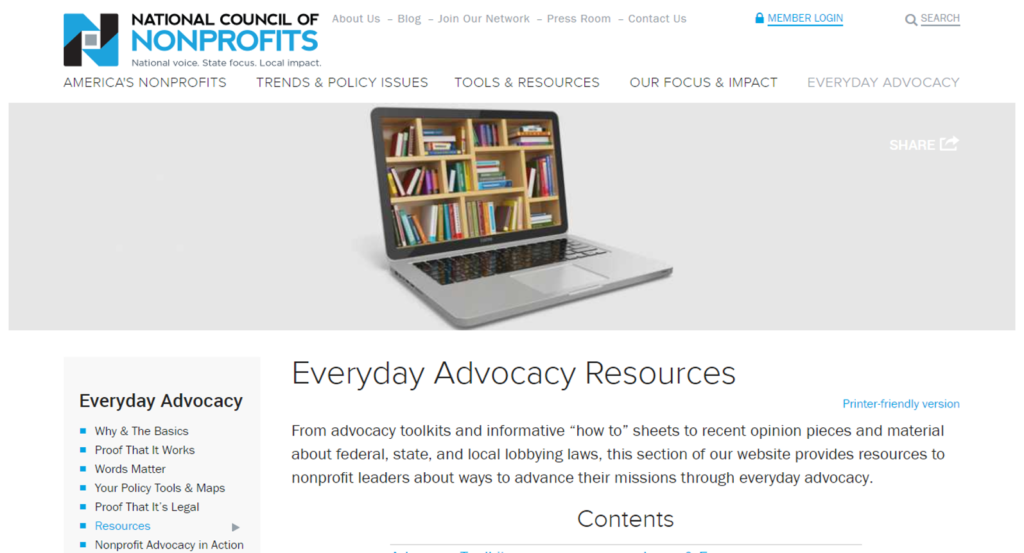
Everyday Advocacy Resources
From advocacy toolkits and informative “how to” sheets to recent opinion pieces and material about federal, state, and local lobbying laws, this section of the National Council of Nonprofits website provides resources to nonprofit leaders about ways to advance their missions through everyday advocacy.
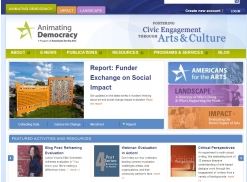
Animating Democracy | IMPACT
Animating Democracy, a program of Americans for the Arts, has an online storehouse of resources aimed at helping arts organizations evaluate the social impact of creative work that aims to make social change. Although the site is intended for arts-focused organizations, many of the resources offered are applicable to the work of a wide variety of service agencies interested social change work.
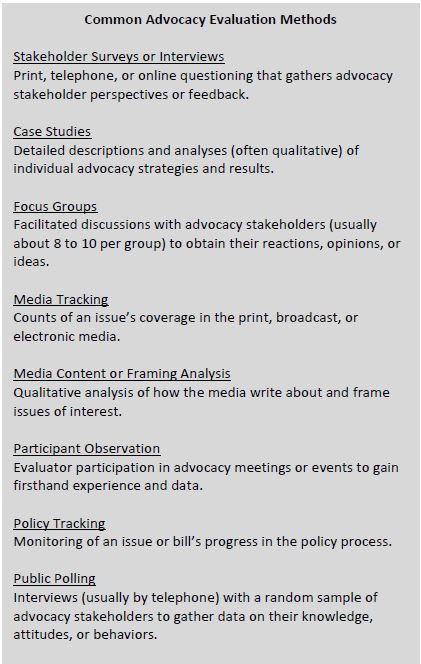
Unique Methods in Advocacy Evaluation
This brief describes four methods that were developed to respond to the unique challenges of measuring advocacy. Included are step-by-step instructions for use, rating scales, and sample questions that can guide evaluation.

Exploring Community Engagement
This is a series of small-group discussion questions for use during an agency retreat or extended meeting that offers a structured opportunity to explore the agencys potential for community engagement work.

Civic Participation as a Component of Service Provision
This is section 2 of the “Integrating Civic Participation Strategies into Service Delivery Organizations” Toolkit, which was created by the National Council of La Raza (NCLR) in order to create a participation continuum that links constituencies to a variety of civic opportunities such as citizenship promotion and engaging in issues. This section focuses on expanding the traditional role of service providers to affect decision-making authority, changing the systems that create the need for services.
